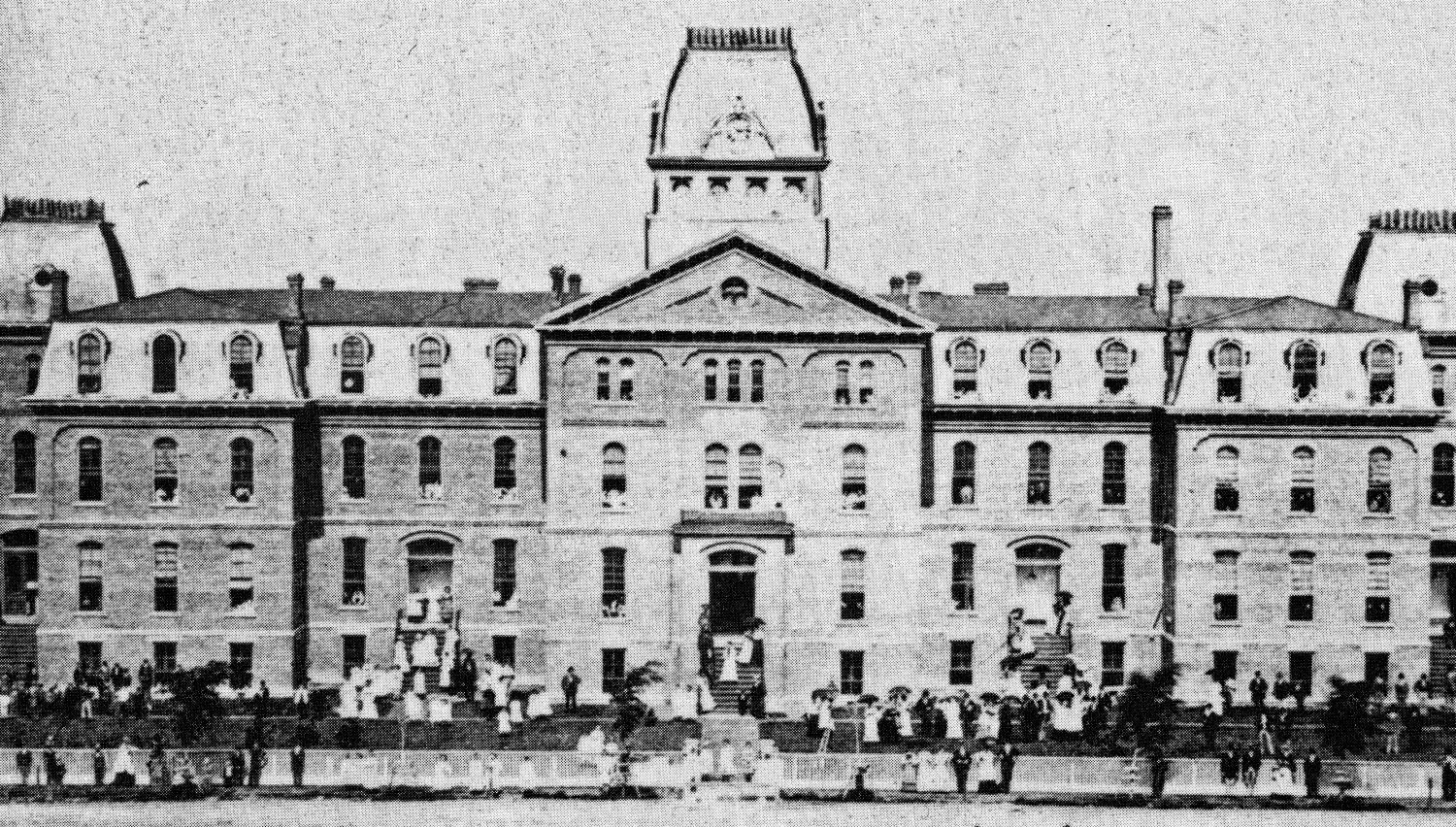When applying to Geneseo as a seventeen year old, the list of majors intimidated me. While deciding which box to check, I crossed out math and science because I despised chemistry and algebra. However, this still left me with a big decision to make. I knew history was a subject that excited and intrigued me; on top of this, I had excelled in my high school history classes, including AP history. Although I really was not sure what I wanted to do with my life, I declared the major and hoped for the best. Looking back, I realize it was one of the best decisions of my life.
My freshman year at Geneseo consisted of mostly General Education classes, so unfortunately it was not until my sophomore year that I was able to sign up for my first history courses. That fall, I enrolled in the course, HIST 291: History of the Islamic World from 600-1800. Admittedly, signing up for the course was nerve-wracking because I genuinely knew nothing about Islamic history other than the events of 9/11 and the Iran hostage crisis; like most people, I embarrassingly struggled to place most Islamic countries on a map.
In this course, we studied factual material like what year Muhammad received revelation but also explored more complex concepts such as sharia law. We delved into the Qur’an in order to understand how Islamic jurists view polygamy, theft, and the mainstream media concept of “jihad.” We used the Qur’an and Hadiths (sayings of the Prophet Muhammad) as evidence to challenge our own preconceived notions that Islamic/ Sharia law is inherently violent. By digging beyond the common misperceptions in American society, I realized that I cannot simply listen to the media or politicians and assume their words to be true. As a result of this experience, I now attempt to read and research historical and political topics in order to develop an informed opinion rather than let other outlets dictate my opinions and ideas.
After completing HIST 291 in Fall 2016, I enrolled in four additional courses on the Islamic world. Together, these courses have encouraged me to examine historical events from different perspectives. For example, in 1979, Iranian revolutionaries seized the American embassy and took hostages for 444 days. Most Americans remember this event because of the extensive media coverage and the recent production of the film Argo. However, viewing this event only through American eyes is problematic. When we study and examine the Iran Hostage Crisis through this singular narrative, we forget that, in 1953, the United States government overthrew the democratically elected prime minister of Iran and then allowed for the oppressive Shah to come to power. The American-backed coup does not justify the Iran Hostage Crisis, but remembering this piece of history does introduce a contradictory narrative into our discussions.

Grasping these grey areas can be challenging and makes it even more essential that historians consult as many archives and documents as possible; however, these written documents should not be deemed as the truth when attempting to understand grey areas. Those who write history possess personal or political agendas, and this is something academics should note when doing research. When accessing written documents, we need to remember that just because an event or action is not written down does not mean that it did not occur. An example of this can be seen through the 1953 overthrow of the Mossadeq government in Iran. Until 2013, there were no files on the CIA overthrow of the government; however, this does not mean that this event did not happen. It is likely that there are also more files on the event that have not yet been released or that some decisions/actions were not put into writing. Lack of written records or unreleased archival records makes it necessary for us to conduct and consult oral history. This style of history enables us to capture and analyze the experiences of the socially marginalized. With no prior experience in oral history, I originally dismissed it because it is not “hard evidence.” Today I realize that not everyone’s experiences are found in state archives. As a result, it is crucial that we give voices to the voiceless and internalize them in hopes of challenging state centric Truth narratives.

Sometimes, it feels like, in the undergraduate courses, we merely sit in circles discussing the world’s issues but never do anything about them. Fortunately for me, this has not been my experience. I have had opportunities to collaborate with my professors and fellow classmates on ways to improve Geneseo and then most importantly, we do something about our problems. My personal involvement with these problems has taught me more than any course I have ever taken. The active role I have played has allowed me to become a confident, self- empowered individual. With this experience, I realized that you don’t need to be a politician in Washington to make change, you just have to want to contribute. I see myself continuing to help address problems beyond my years at Geneseo. After graduation, I plan on enrolling in law school with hopes of fulfilling my dream of becoming an immigration lawyer. My law career will not be shaped by the grades I earned in my Islamic history courses but rather by how these courses allowed me stop seeing the world in terms of black and white and start listening to people’s experiences. Studying history has enabled me to become a better person.

